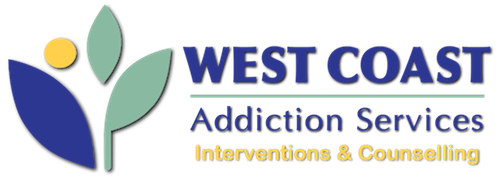As many know and have experienced, relapse is never entirely out of the realm of possibilities. Relapse does not have to be a part of everyones’ story. Having an established plan in place, developed with the help of a Recovery Coach can help many addicts.
What is a Relapse Prevention Plan?
Regardless of how much clean and sober time one has, a relapse prevention plan is a vital tool for anyone in recovery. The plan helps the recovering addict to recognize their own triggers and what could potentially cause a relapse. It also determines how to combat those behaviours and not act out on all feelings that are presenting.
Relapse rarely ever happens spontaneously. In general, it is a three-part process including:
- Emotional relapse
- Mental relapse
- Physical relapse
Firstly, the emotional relapse is when the addict starts to have negative thoughts and act in self-destructive ways. At this point, they may not be thinking about drinking or using, but the darkness they are living within will lead them to pick up. Red flags can include anxiety, anger, intolerance, defensiveness, and mood swings. Behaviours in an emotional relapse can include self-isolation, lack of appetite, inability to care for ones’ self, refusing to ask for help and not working with support group.
Secondly, a mental relapse is when the addict is glorifying past substance use, minimizing the negative consequences of using, and seeking out opportunities to get high. It’s not because the addict wants to use again, but more that they are uncomfortable with feelings. This is new for them to experience feelings. It is the addict reverting to their old coping habits of escaping, as they think in the moment it is the solution. It is not a solution.
Lastly and unfortunately is the physical relapse. This is when the addict consumes the substance breaking their sobriety. Triggers have gone unnoticed or unmanaged as addicts need always be self-aware. Recovery needs to happen on a daily basis. This can look different for everyone.
What should be included in a RPP?
- Triggers – working with a counsellor or better yet, a Recovery Coach, detail a list of triggers which typically refers to people, places and things that will make the addict want to use
- Managing Cravings – Substance use is a negative coping skill. A Recovery Coach will help you learn alternative positive coping skills.
- Be Proactive – make a list of preventative tools, such as writing a list of consequences should you relapse, attending a support meeting (AA,NA, Smart Recovery etc.), exercising, journaling or writing a gratitude list. Keeping in mind these tools only work if put into action daily.
- Support Groups – There are a number of different support groups to attend, including 12 step and non 12-step. (include links)
- Life Style Changes – If we want different things in life, we have to start doing things differently. On daily basis, working with your Recovery Coach, counsellor or support worker to make small changes, and new healthy habits. This can also include goal setting, such and planning to go to school or looking at a new career path.
In conclusion, developing a Relapse Prevention Plan with a professional can help to eliminate a relapse and teach the addict new and healthy coping skills. This is not something that should be done alone. We are here to help. Please contact us directly at 1-888-438-9991 or [email protected]
